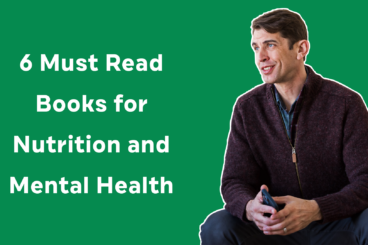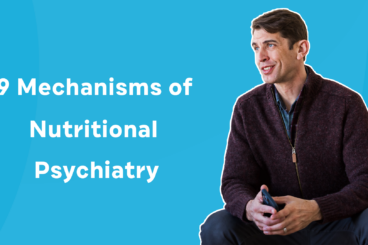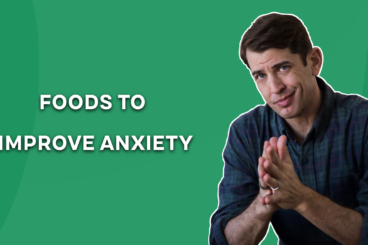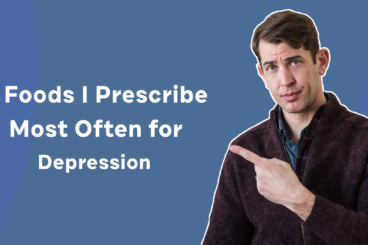A big thank you to everyone who participated in Kale Day this year. It was truly inspiring to see all the hospitals, clinics, schools, gardeners, families and individuals sharing their creations and love of our favorite leafy green with friends, family and colleagues in person and through social media.
We also had a lot of fun with all our kale memes! Because what’s Kale Day without Beyonce?
Here are some of our favorite shares from Kale Day 2017.













This year, Kale Day also fell during National Mental Health Awareness Week. While they may not seem related, they are. The food we eat has a tremendous impact on our well-being.
- Eating a “traditional” or Mediterranean Diet decreases the risk of depression by 42-50%
- Eating commercial baked goods increases the risk of depression by 40%
- The SMILES trial concluded that 31% of patients with moderate to severe depression went into FULL remission from depression after they changed their diet.
While Kale won’t solve all our problems, she’s a perfect example of a nutrient dense food found in the types of diets that decrease the risk of depression, and the types of foods we recommend to all of our patients.
Why Kale? One cup of raw kale has just 33 calories, provides 134% of your daily vitamin C needs, 684% of your daily vitamin K needs, 204% of vitamin A and is an excellent source of calcium, iron and fiber.These sorts of numbers tell a story of health.
Kale is also anti-inflammatory and can help regulate blood sugar. With the rise is obesity, diabetes and other chronic disease, Kale, and leafy greens as a food group, are even more important to integrate into our daily meals.
I hope this Kale Day was as inspiring to you as it was for us. Please continue to share your kale recipes and stories and tag us at @nationalkaleday.
In health,
Dr. Ramsey




